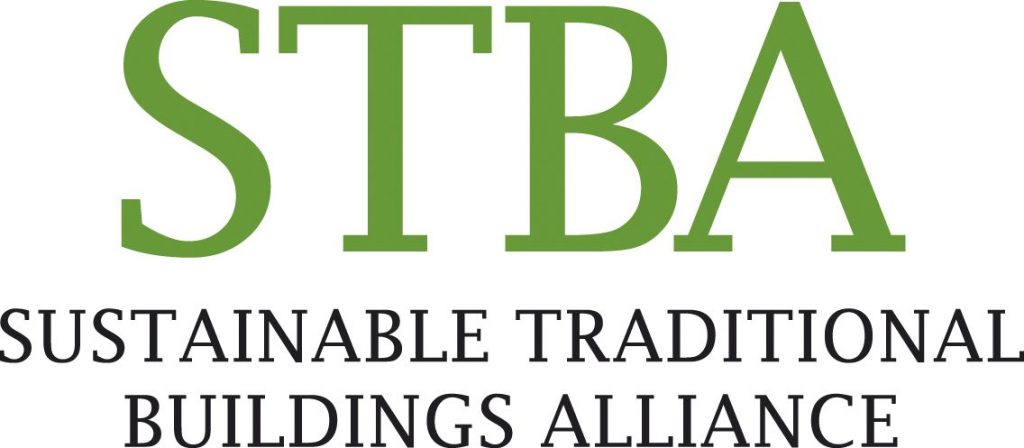Day 2 Skills
Knowledge and skills go hand and hand. It is imperative therefore that we ensure that we have a workforce that is capable and competent to undertake the changes that the built environment needs to shoulder. In this section of the conference we aim to share the context of an emerging new skills requirement, explore background training data, view one working solution and facilitate a constructive debate.
This is an amazing dynamic area of the industry and one that requires fresh thinking and action. With today’s speakers we will get this in spades. New ways of working being devised and demanded by Welsh Government, latest research from CITB and some community led solutions from the South West.
Welsh Government Decarbonisation Team – New ways of working in Wales
The Decarbonisation Team in WG has been very busy trying to adjust the modus operandii within the retrofit market. Armed with the lessons learned from Arbed, the direction and ways of working afforded by the Wellbeing of Future Generations Act 2015, and PAS2035 on the horizon, it was time for a change.
A member of the team will present the background to the latest round of the Innovative Housing Programme funding – Optimised Retrofit. This new set of ‘asks’ from WG for the Retrofit industry to respond to are wide ranging and challenging. The process of decision making and the likely changes that these choices will drive forward in Wales will have an impact on the skills and knowledge demanded from the sector.
With Wales leading the way on an holistic approach within Government it may be a glimpse into a more sustainable future for us all.
Peter Rickaby – Safe Retrofit: standards that protect our architectural heritage inc update on PAS2038
Peter Rickaby qualified in architecture at Cambridge University and holds a doctorate in energy studies from The Open University. He spent thirty-five years as a partner and subsequently a director of Rickaby Thompson Associates Energy + Sustainability Consultants, working on projects throughout the UK and across the EU. One of his recent projects was the development and delivery of Peabody’s acclaimed Condensation, Damp and Mould Strategy for Thamesmead in south-east London. He has also been a Director of the Centre of Refurbishment Excellence (CoRE) and a Trustee of the National Energy Foundation (NEF), and he is the author, co-author or contributing editor of extensive technical guidance about energy efficiency and retrofit, including the Institute for Sustainability’s Low Carbon Domestic Retrofit guides. Peter contributed to the Each Home Counts review, participating in several work-streams and sitting on the Implementation Board. He chairs the BSI Retrofit Standards Task Group and was technical author of PAS 2035: Retrofitting Dwellings for Energy Efficiency: Specification and Guidance. He is currently working on PAS 2038 Retrofitting Non-Domestic Buildings for Energy Efficiency and helping to run the UK Centre for Moisture in Buildings (UKCMB) and the Building Envelope Research Network (BERN) at University College London.
Richard Bayliss (CITB) – Building Skills for Net Zero
Over the next 30 years the construction industry will be at the heart of an unprecedented movement to eliminate emissions from our existing building stock. But do we have the skills to deliver this ambition in a way that creates long-term growth and jobs, as well as delivering high quality building refurbishment? CITB has worked with UK governments and the Committee on Climate Change to undertake a skills analysis based on the key decarbonisation scenarios, which highlights some massive skills challenges to overcome, both now and as we decarbonise further. Our 2050 Skills Routemap charts a clear path of action on skills to help industry and government to deliver the net zero ambition, while transforming and modernising the industry.
Richard Bayliss is the Strategy Lead for Sustainability and Innovation at the Construction Industry Training Board, a policy role focussed on the impact of industry change on the construction sector’s skills needs. He is a member of the Green Construction Board and has led a range of projects addressing sustainability skills for the UK construction sector. Richard has held a number of roles at CITB focussed on future skills after joining the organisation initially as a heritage skills specialist in 2006. Richard previously worked in structural engineering and began his career in higher education; researching and teaching on the archaeology of buildings while managing a series of international research projects and explorations.
Lucy Pedler BA Arch, Dip Arch, ARB, RIBA (Green Register) – Futureproof initiative: delivering sustainable retrofit training to SME contractors
Lucy is an architect with 35 years of professional experience and has particular expertise in sustainable building practices. For five years Lucy worked as a Product Specialist and Seminar Coordinator at the UK’s first Ecological Building Centre, researching the environmental impact of building materials and systems and creating seminars for construction professionals.
Lucy created The Green Register in 2000, now a nation-wide networking and educational not-for-profit organisation promoting sustainable building practices to all disciplines of the construction industry. In 1999, Lucy started her own sustainable architecture practice, archipeleco, designing buildings that have a low impact on the environment.
In 2005, Paul McWilliams joined archipeleco and Lucy and Paul then started a new company: develeco limited that transforms derelict properties into sustainable, beautiful and affordable buildings fit for 21st century living. Lucy is an RIBA member, was nominated as an Earth Champion in 2015 and is on the panel of the Bristol Urban Design Forum.
Prof John Edwards MA, DipBldgCons, CEnv, FCIOB, FRICS, IHBC – A review of Level 3 Energy Efficiency Measures for Older and Traditional Buildings.
A Chartered Surveyor, Chartered Environmentalist and Chartered Construction Manager, John is qualified to post graduate level in architectural building conservation and is a Certified Historic Building Professional by the RICS and Accredited by the Institute for Historic Building Conservation (IHBC) and is also Professor on Practice at the University of Wales Trinity St David.







